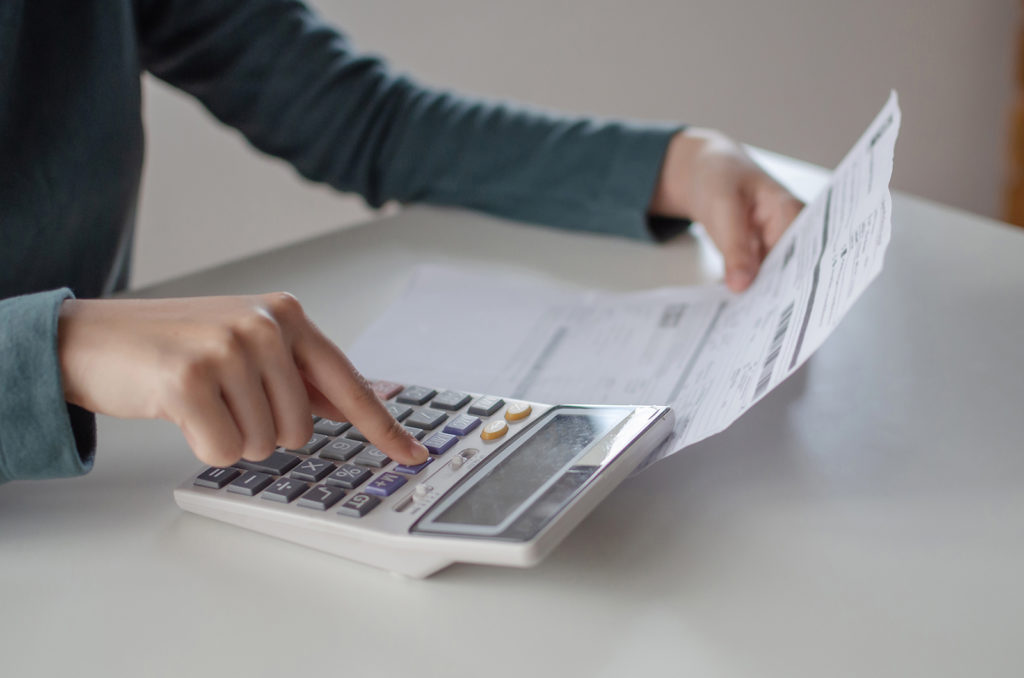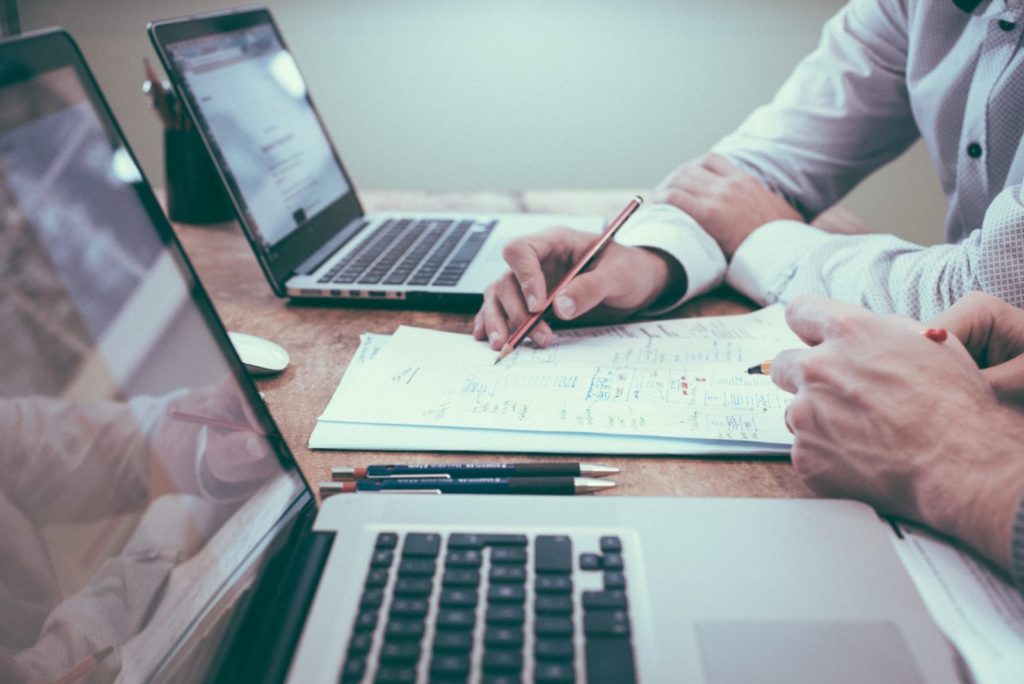Contents
What are the Pros of Bankruptcy?

1. You may have the chance to be debt-free
Entering into bankruptcy opens up the possibility of being debt-free. In many cases, a bankruptcy is discharged after 12 months meaning that you will be free of any debts that were included in the agreement. If you have no other outstanding debts, you have the chance to restart your financial situation from scratch, although this may also depend on whether or not you have an Income Payment Agreement (IPA) in place (we cover this in more detail in the cons section).
2. Not all of your possessions will have to be repossessed
One of the biggest concerns many people have about applying for bankruptcy is the belief that they will lose everything they own. However, this is not always the case as only items of worthwhile value will be used to settle your debts. This includes things such as a property, or a vehicle worth a good amount of money.
3. Creditors can no longer contact you
Being granted bankruptcy means that creditors can no longer contact you about your debts. You will no longer have to be concerned about receiving strongly worded letters or dealing with the stress of speaking to companies chasing you about your debts. It can be a huge weight off your shoulders and could improve both your mental and physical wellbeing in the process.
4. You may not have to sell your home
Entering into bankruptcy does not always mean you will have to sell your home. For example, if there is not enough equity in the property. Any decision made to sell your home is judged on a case-by-case basis, taking into account a range of factors relating to your individual situation.
5. Outstanding court action may be halted
Anyone who is currently being taken to court in relation to their debts may find that proceedings are stopped once you enter into bankruptcy. For example, if a CCJ is being taken out against you, bankruptcy could prevent this from being successfully processed.
6. You have more protection against legal action
If a creditor wishes to take you to court to claim back some of their money, they will only be able to do so if their debt has been secured against any property you own. In situations where this is not the case, the creditor is unable to chase for payments or take any legal action against you.
7. You won’t have to leave rented accommodation
Compared to people that rent, homeowners are more likely to lose their homes if they enter into bankruptcy. If you live in rented accommodation, you can remain living there. Only if there is a clause in your tenancy agreement stating you have to leave in the event of bankruptcy will you be forced to look for new housing.
What are the main Cons of Bankruptcy?

1. You could lose your home
If you own the property you live, you may be asked to sell it to raise funds that can be used to pay off some of the debt. This will depend on your personal circumstances and how much is owed, but this could be a big consequence of entering into bankruptcy.
2. You lose control of your finances and assets
If approved for bankruptcy, the Official Receiver is given full control of your finances and assets. This is to review how much can be used to pay of existing debts and to determine how much each creditor will receive.
3. Access to your bank account may be restricted
One of the first things to happen after being approved for bankruptcy is a review of your finances by the Official Receiver. This may also mean your bank accounts are temporarily frozen, preventing you from withdrawing any money you may need.
4. Your bankruptcy will be included on the Individual Insolvency Register (IIR)
The IIR is also known as the bankruptcy register, a government database that details all current bankruptcies and those that have been ended in the past 3 months. This can be accessed and searched for free by anyone online.
5. Bankruptcy can sometimes last longer than 12 months
After reviewing your finances in full, taking into account income and expenditure, the Official Receiver may decide that any disposable income left over should be paid into an Income Payment Agreement (IPA). This is usually broken down into monthly payments and in some cases for as long as 36 months.
6. Your partner may be forced to become involved
In a situation where you have joint debts with your partner, after your bankruptcy has been approved, they will become solely responsible for any outstanding debts. This means creditors are able to chase them for payment, whether or not they are living with you. If the joint debts were secured without your partner’s knowledge, they may be able to dispute liability.
7. You may be limited from working in some job roles
You may find it difficult to join some professions after you have been declared bankrupt. This can include working in a government role, joining the police force or working as a financial advisor. If entering bankruptcy is likely to affect your current work situation, read through your contract to verify all the details before making a decision.
8. There are certain restrictions you will have to follow
The type of restrictions you will have to abide can be varied and strict. It includes things such as being unable to take out over £500 credit without informing the lender of your financial history and being prevented from acting as a company director without legal permission. Be sure to check the full list of restrictions so you can make an informed decision about entering bankruptcy.

